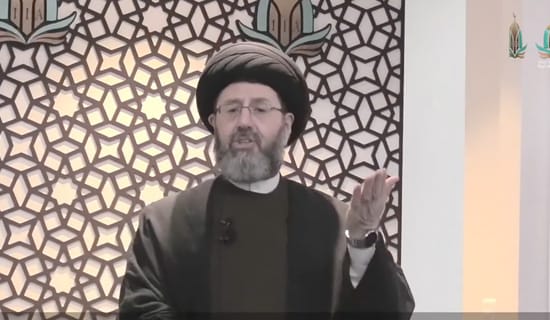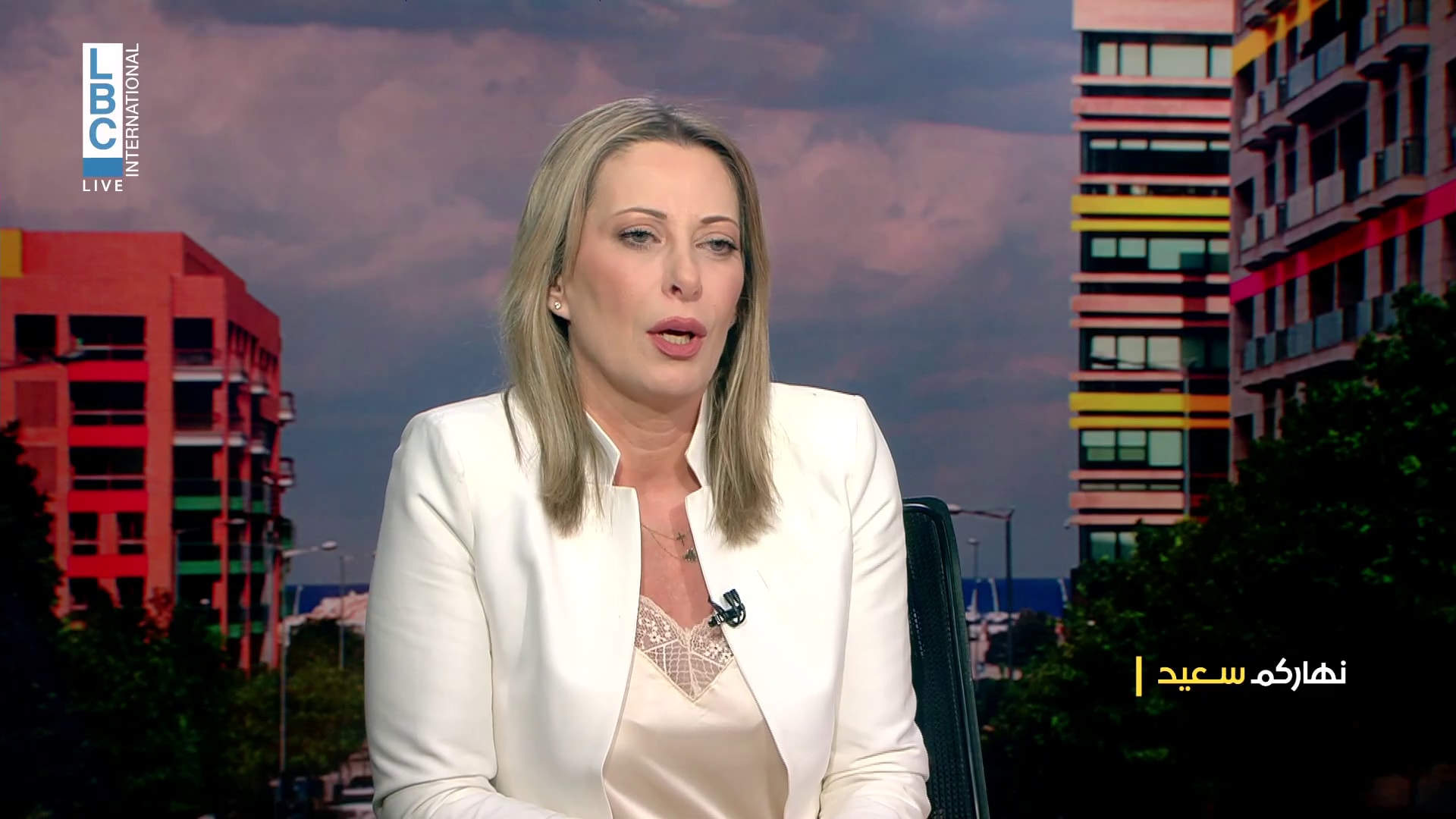
Hamadi Ben Jaballah, a professor of philosophy and philosophy of science at Tunis University, said in a May 9, 2010 interview on France 24 TV that the strength of America and the West lies in science, democracy, and freedom. He said that Arab societies consider their "glorious past" to be their source of strength and that they rely on “fables and myths” as sources of Arab history without actually studying history. He added that Arabs are quick to rely on modern medicine when they are ill, yet they reject the scientific sources of modern medicine, such as Darwinism. Similarly, he said that Arab society regards freedom as anarchy.
Hamadi Ben Jaballah: "The strength of the nations in America and Europe lies in science and democracy. We must wake up and realize that these two values are the source of their strength. Their strength lies in scientific rationalism, freedom, and democracy."
[...]
Host: "In light of what this pandemic has revealed, how do we fare in terms of striving to achieve freedom and science?"
Ben Jaballah: "The truth is that we are as far as can be from accepting this idea and I am not even talking about implementing it - even gradually. We still believe that our history is our source of strength and that our sovereignty relies on our glorious past. We still have not realized that we have no future unless we acquire what empowers nations today: science in its highest rational manifestations and democracy as the social manifestation of the idea of freedom. We still reject and fear the notion of freedom. We still reject scientific rationalism."
Host: "Why?"
Ben Jaballah: "Because... Let me be a bit... It is because we have been living in some sort of civilizational opportunism. The Arabs today are willing to be medically treated in keeping with the most modern medical theories, which use the most modern medical technologies, but they refuse to accept biological rationalism and Darwinism in particular, which has played a major role in all our medical discoveries. That's one thing. The other thing that we must take into consideration is that we consider freedom to be synonymous with anarchy.
[...]
"We are still unwilling to conduct any [critical] study of our history. Furthermore, we invent fables and myths and consider them to be our history. We still do not dare to compare our history to the history of other civilizations.
[...]
"We still refuse to examine political problems outside of the religious framework and give people the full responsibility of managing their own affairs.
[...]
"We turn to our doctors and scientists in order to relieve our [medical] ills. We do not turn to our imams and our religious scholars, because they have nothing whatsoever to do with any of this. These people must come to realize that there is no such thing as 'prophetic medicine.' The Arab Prophet [Muhammad] was not a medical doctor. He may have been a doctor of the spirit, a moral doctor, but [not] a doctor of the body. In the ancient times, Hippocrates was a doctor, in the Middle Ages, Avicenna was [a doctor] - today, doctors are people who graduate from medical school."













